
ANATEL Certification Process in Brazil
As the global telecommunications market continues to thrive, Brazil, with its vast market size and growing potential, has attracted the attention of many telecom companies. However, to enter the Brazilian telecom market, businesses must overcome an important hurdle — anatel certification.
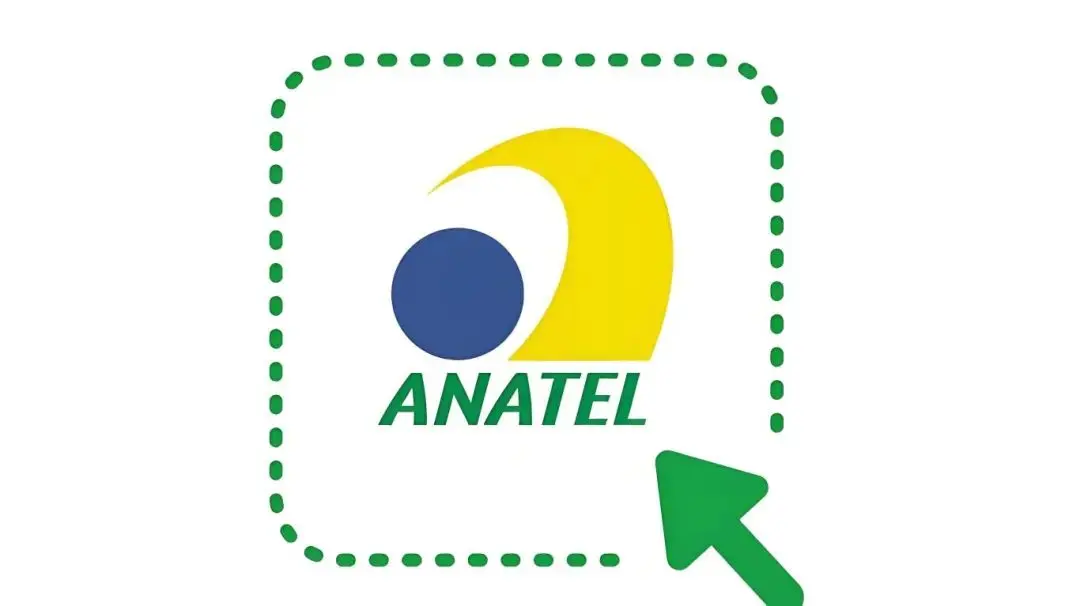
What is ANATEL Certification?
As the largest country in South America, Brazil's telecom industry is rapidly developing, and its market size is continuously expanding. In order to effectively ensure the stable operation of telecom networks, protect consumers' legitimate rights, and properly manage spectrum resources, the Brazilian government established the National Telecommunications Agency, abbreviated as ANATEL.
ANATEL is responsible for regulating Brazil's telecommunications industry, and the ANATEL certification it has established is a necessary requirement for telecom and radio equipment to enter the Brazilian market. The certification aims to ensure the safety, compatibility, and strict compliance of the relevant devices with Brazilian telecom regulations, playing an essential role in creating a healthy and orderly telecom market environment.
Since 2023, all wireless devices sold in Brazil (such as mobile phones, routers, Bluetooth devices, etc.) must pass ANATEL certification, or they will be prohibited from import and sale.
Scope of Products Requiring ANATEL Certification
1. Class I Devices: Telecom Terminal Equipment
These include 2G/3G/4G communication devices such as base stations, mobile phones, and public data terminals, as well as mobile accessories like batteries, chargers, wireless chargers, power banks, and car chargers.
2. Class II Devices: Restricted Radiation Equipment
This category covers Bluetooth devices (e.g., Bluetooth headsets, Bluetooth speakers, Bluetooth wristbands) and Wi-Fi devices (e.g., wireless routers, wireless cameras, tablets).
3. Class III Devices: Other Radio Equipment
These include fixed telecom terminal devices such as landline phones, modems, and set-top boxes, as well as fixed telecom connection devices like switches, routers, repeaters, and hubs. It also covers fixed telecom cables such as network cables and fiber optics.
Additionally, Wireless Communication Devices such as mobile phones, Bluetooth/Wi-Fi devices, IoT terminals, and wireless base stations require ANATEL certification.
Other categories include Telecom Terminal Devices like routers, modems, and optical network devices, and Power Products such as mobile phone chargers, wireless charging devices, and lithium batteries.
Core ANATEL Certification Process
1. Step 1: Choose a Certification Body
As an officially designated ANATEL agency (JJR LAB), we guide you through the entire certification process.
2. Step 2: Determine Testing Scope
Testing requirements are specified according to the product type (e.g., RF, EMC, electrical safety).
3. Step 3: Prepare and Submit Samples
Provide the complete technical documentation (including a declaration of origin) and send samples to a Brazil-recognized laboratory (preferred) or an international laboratory.
4. Step 4: Mandatory Testing
This includes tests such as RF performance, electromagnetic compatibility (EMC), electrical safety, and network security (if applicable).
5. Step 5: Review of Technical Reports
Once the laboratory issues the test report, the JJR team assesses the compliance of the product.
6. Step 6: Issuance of ANATEL Certificate
After the review process, JJR will issue a Technical Compliance Certificate (TCB).
7. Step 7: ANATEL Official Filing
Upon successfUL certification, the product is officially authorized to enter the Brazilian market.
Why Choose Us?
- Official ANATEL Partnership: Direct collaboration with Brazilian laboratories, helping to shorten testing times.
- 100% Success Rate: Our expert team reviews your documents in advance to avoid rework.
- Full Process Management: We offer a one-stop solution from testing to certification, handling everything for you.
Email:hello@jjrlab.com
Write your message here and send it to us
 ANATEL Certification Process in Brazil
ANATEL Certification Process in Brazil
 Faucet European Standard EN 817 Testing
Faucet European Standard EN 817 Testing
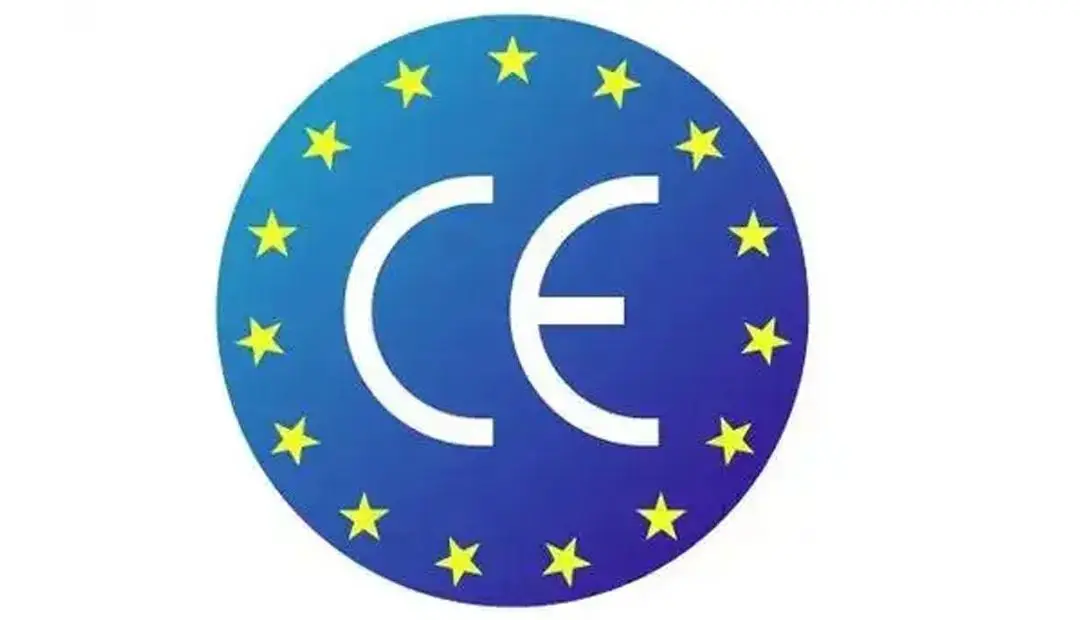 ISO 17025 Laboratory Test Report
ISO 17025 Laboratory Test Report
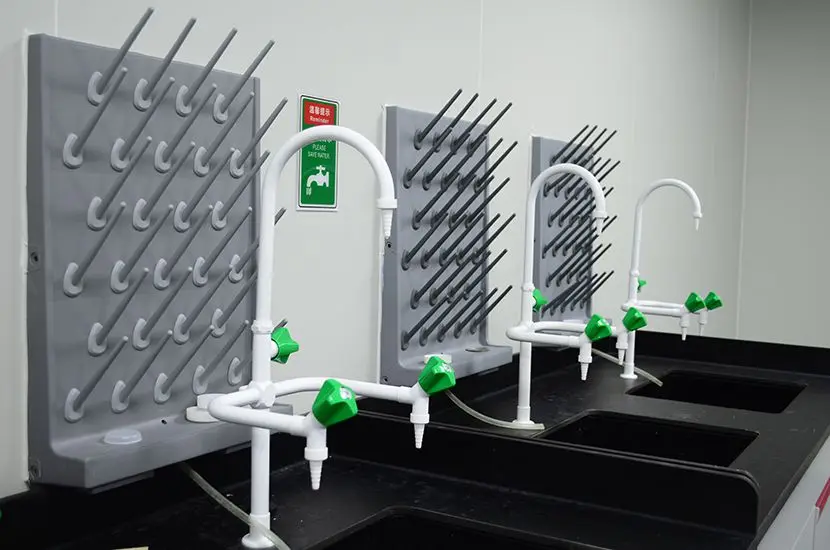 Temu Requires UN 38.3 Certification
Temu Requires UN 38.3 Certification
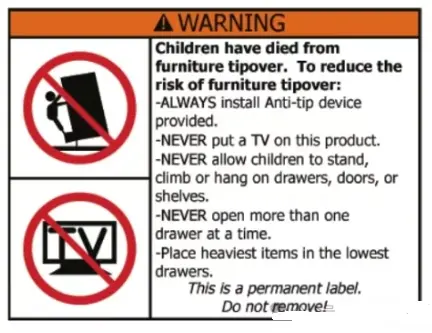 What is the Amazon ASTM F2057 Test Report?
What is the Amazon ASTM F2057 Test Report?
 How to get the Amazon SOR/2016-175 Test Report?
How to get the Amazon SOR/2016-175 Test Report?
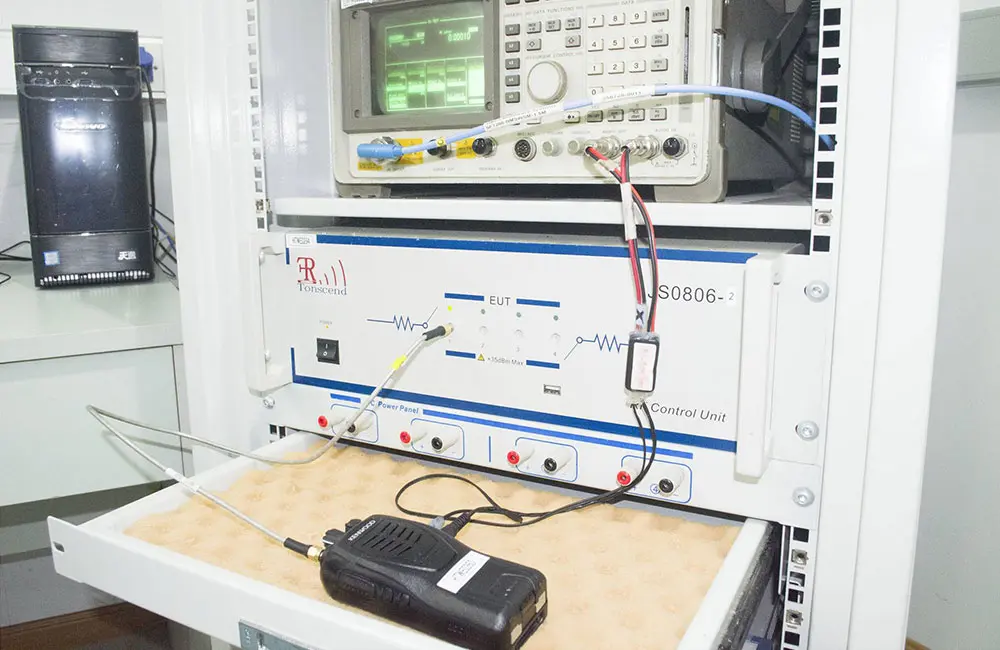 Amazon Electronic Product UL Test Report
Amazon Electronic Product UL Test Report
 What is the 4.3 Toxicology Test in ASTM F963?
What is the 4.3 Toxicology Test in ASTM F963?
Leave us a message
24-hour online customer service at any time to respond, so that you worry!




